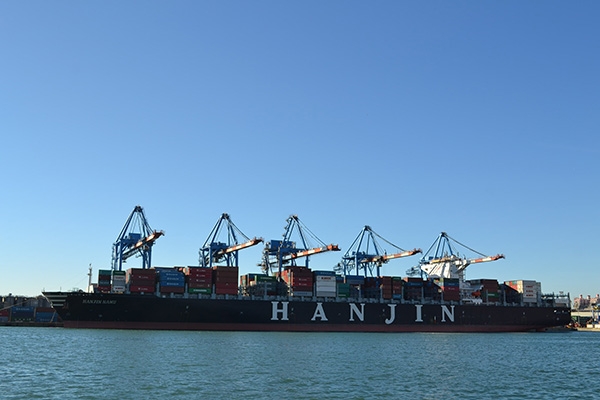CORE Information Observatory
 Please visit FP7-CORE Information Observatory . If you find it useful for your work, please consider registering to become a regular CORE Observatory user and to receive the CBRA Monthly Newsletter!
Please visit FP7-CORE Information Observatory . If you find it useful for your work, please consider registering to become a regular CORE Observatory user and to receive the CBRA Monthly Newsletter!
On behalf of the whole CBRA-team – Sangeeta, Susana, Susan, Phan Hien, Toni, Vladlen, Duayner, Perttu, Matti, Ari-Pekka, Ninoslav, Peter, Andrew, Harri x 2, and David x 2 (https://www.cross-border.org/team/ ) – I would like to wish you the best of success for the year 2016, in your professional as well as private life. In the context of global supply chains, we are ready to work with you towards faster and more predictable global logistics, naturally combined with low crime rates and with high compliance rates. One great tool to support such “common industry-government-academia global supply chain mission” is our new media platform – the recently launched FP7-CORE Information Observatory, which you can find at: https://www.cross-border.org/core-observatory/core-observatory-full-list/
CORE Observatory gives you 10-20 regular reviews and updates per month on supply chain security and trade facilitation policies, regulations, standards, good practices, roadmaps, research papers etc. – for the benefit of FP7-CORE partners, and beyond. Our primary focus is currently on European Union and its main trading partners – global expansion is possible later, depending on user needs and priorities. Each CORE Observatory entry has a title and a summary, visible to every user. At the end of the summary we provide a URL for the source document, whenever an electronic version is available in public domain. Starting 1 January 2016, the title and summary are also translated to Spanish. New languages (e.g. French, Arabic or Russian) may be offered later in 2016 depending on user preferences. The full review text is available only for the registered users, who will also receive the CBRA Monthly Newsletter, tailored to their personal information needs and interests. The CORE Observatory entries are listed in chronological order, the latest entry appearing on the top of the list. Any user – registered or not – can search CORE Observatory entries either via pre-defined keywords and tags (most common ones listed on the right side of the web page), or via free text search.
Again, Happy New Year 2016 everyone – and looking forward to having many new visitors at the FP7-CORE Information Observatory!
Yours, Juha







